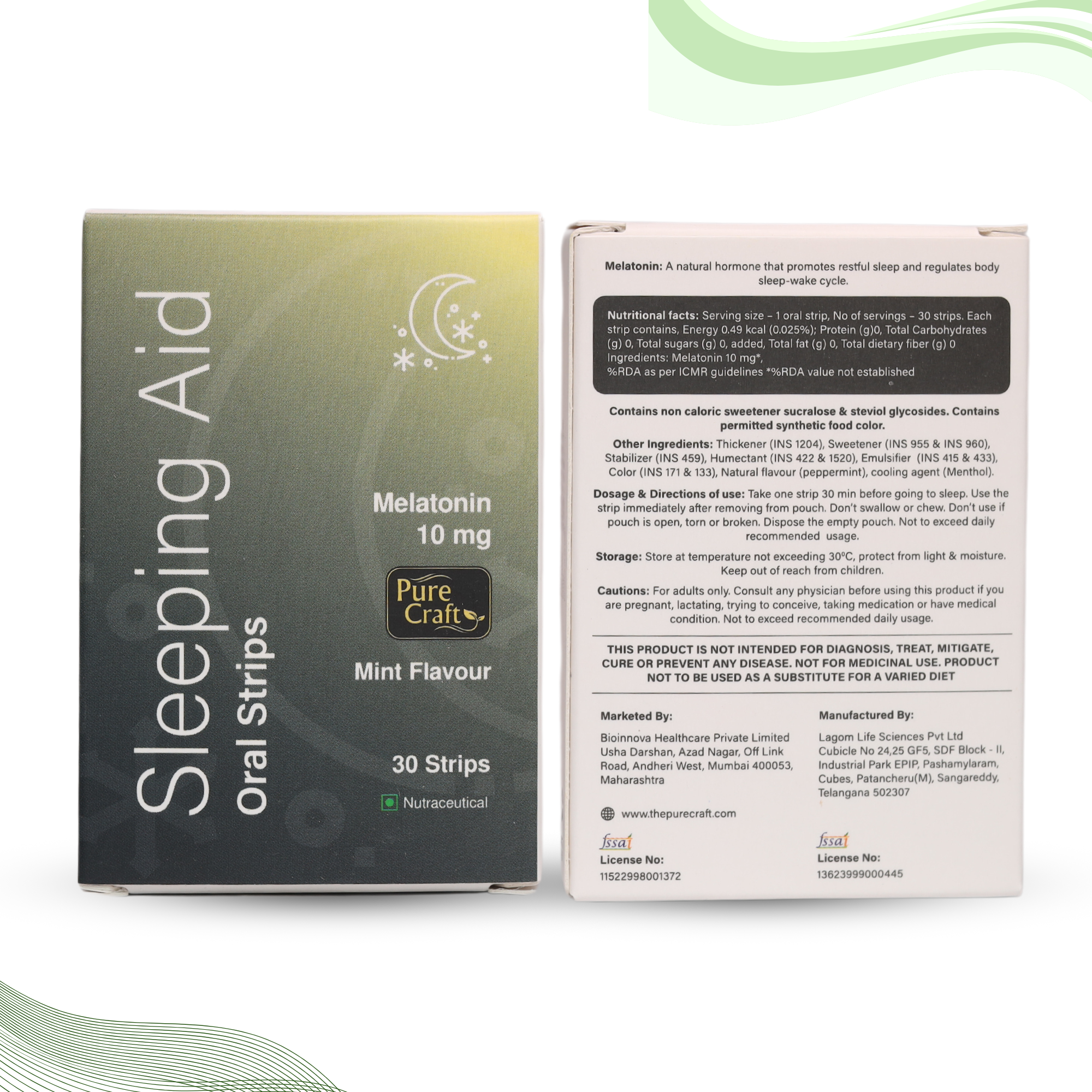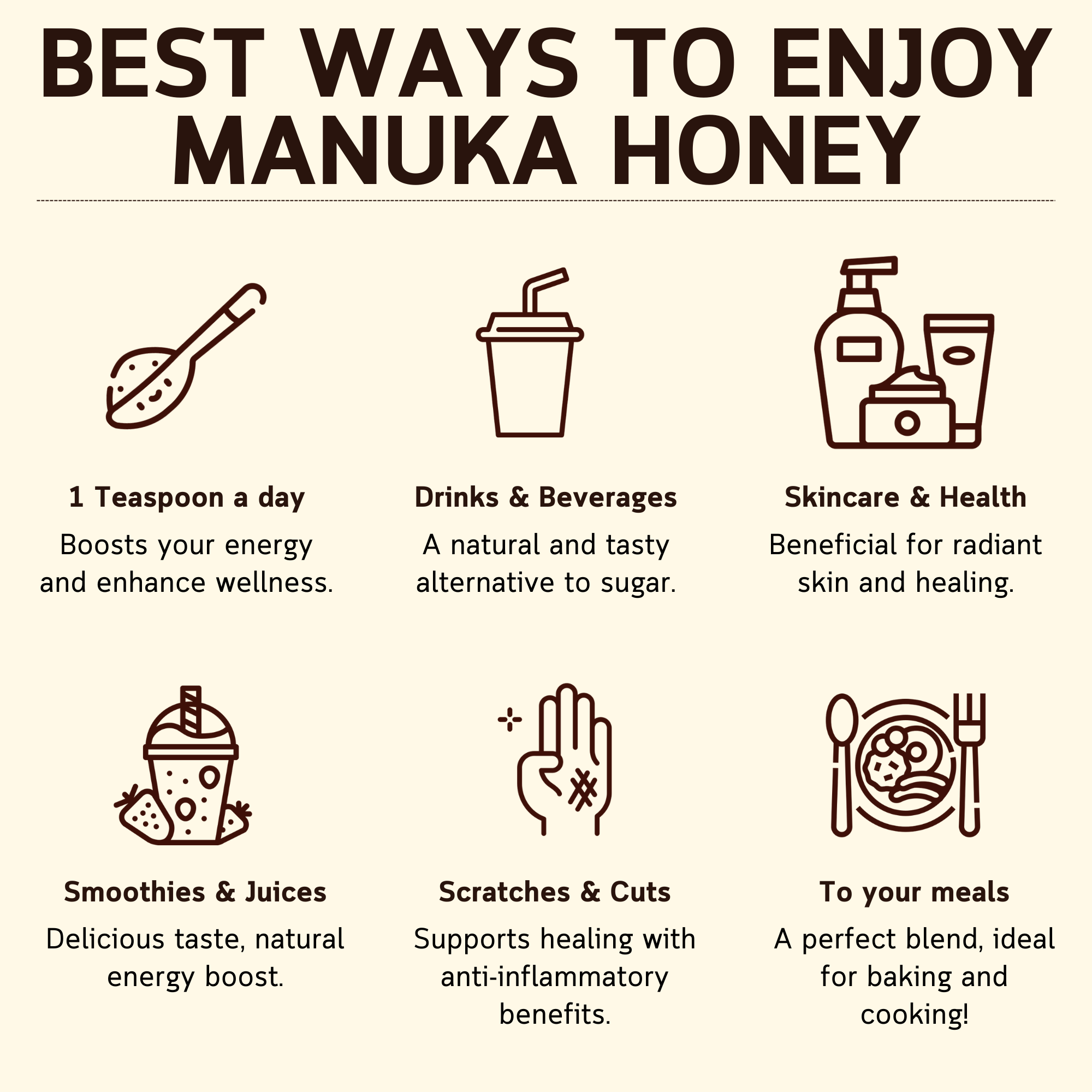Melatonin Introduction:
Melatonin is a natural body hormone that produced by pineal gland in brain in response to darkness. It plays a role in managing your sleep-wake cycle and helps with the timing of body circadian rhythms (24-hour internal clock) and with sleep.
The full impact of melatonin in humans isn’t totally clear, but most research shows it helps to synchronize circadian rhythms in different parts of human body.
Circadian rhythms are physical, mental and behavioral changes that follow a 24-hour cycle.
The most important and well-known of these circadian rhythms is sleep-wake cycle. These natural processes respond primarily to light and dark.
Pineal gland secretes the highest levels of melatonin during the night and minimal amounts during the day. As pineal gland receives information about the daily light-dark (day-night)cycle from the retinas in your eyes and then releases melatonin accordingly.
Being exposed to light at night can block melatonin production. Research suggests that melatonin plays other important roles in the body beyond sleep.
Other effects of melatonin on Body:
Melatonin also interacts with biologically female hormones. Research has shown that it helps in regulating menstrual cycles.
Pineal melatonin can also protect against neurodegeneration, which is the progressive loss of function of neurons. Neurodegeneration is present in conditions such as Alzheimer’s disease and Parkinson’s disease.
Researchers have found that people who’ve had their pineal gland surgically removed
(pinealectomy) experienced an accelerated aging process. Because of this, some scientists think natural melatonin may have anti-aging properties.
Hypomelatoninemia happens when you have lower-than-normal peak nighttime melatonin levels or lower-than-normal total production levels of melatonin when compared with what’s expected for your age and sex.
Hypomelatoninemia can play a role in circadian rhythm sleep disorders, which are a group of sleep disorders that all share the common feature of a disruption in the timing of sleep.
Circadian rhythm sleep disorders include: Delayed sleep phase disorder: With this sleep disorder, you go to sleep and wake up more
than two hours later than what’s typically considered a normal sleep-wake cycle.
Advanced sleep phase disorder: With this sleep disorder, you fall asleep in the early
evening (6 p.m. to 9 p.m.) and wake up in the early morning (2 a.m. to 5 a.m.).
Irregular sleep-wake rhythm: This sleep disorder has an undefined sleep-wake cycle. You
may take several naps during a 24-hour period























